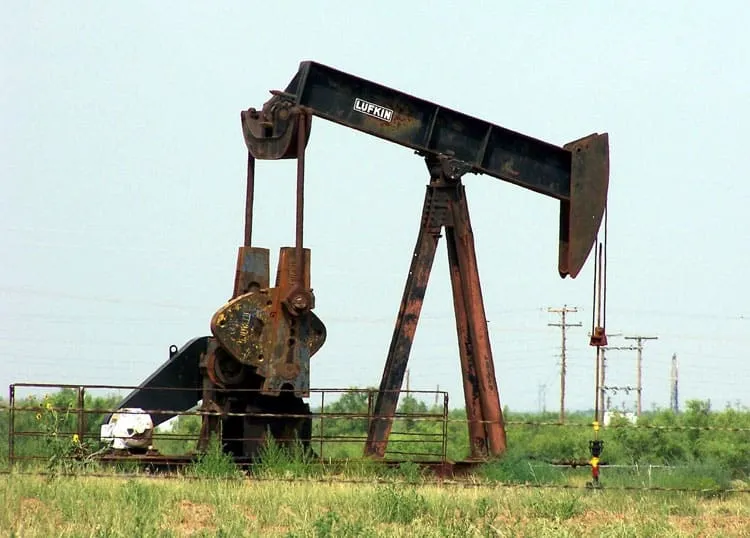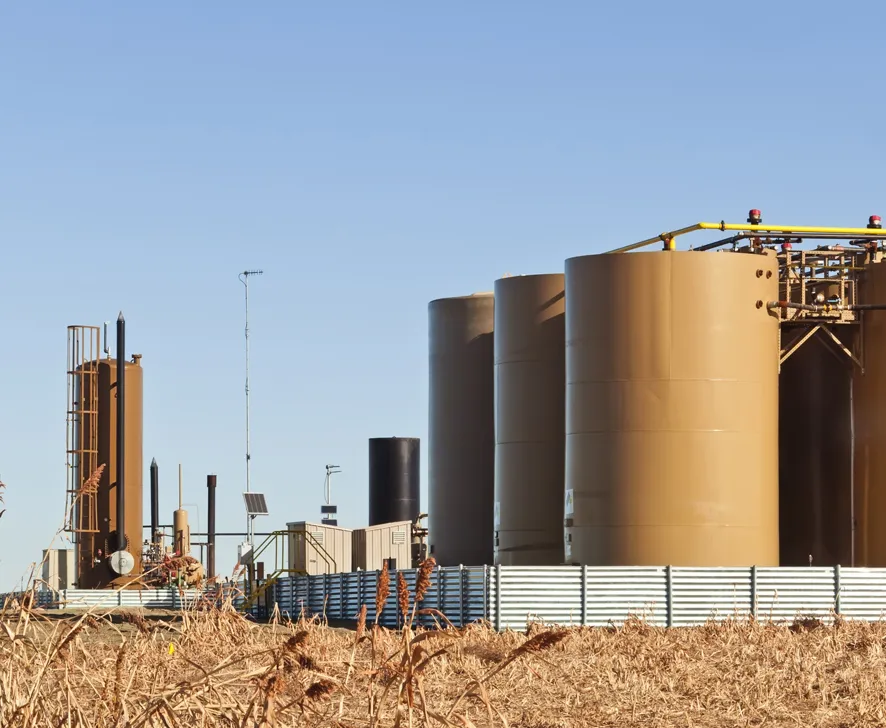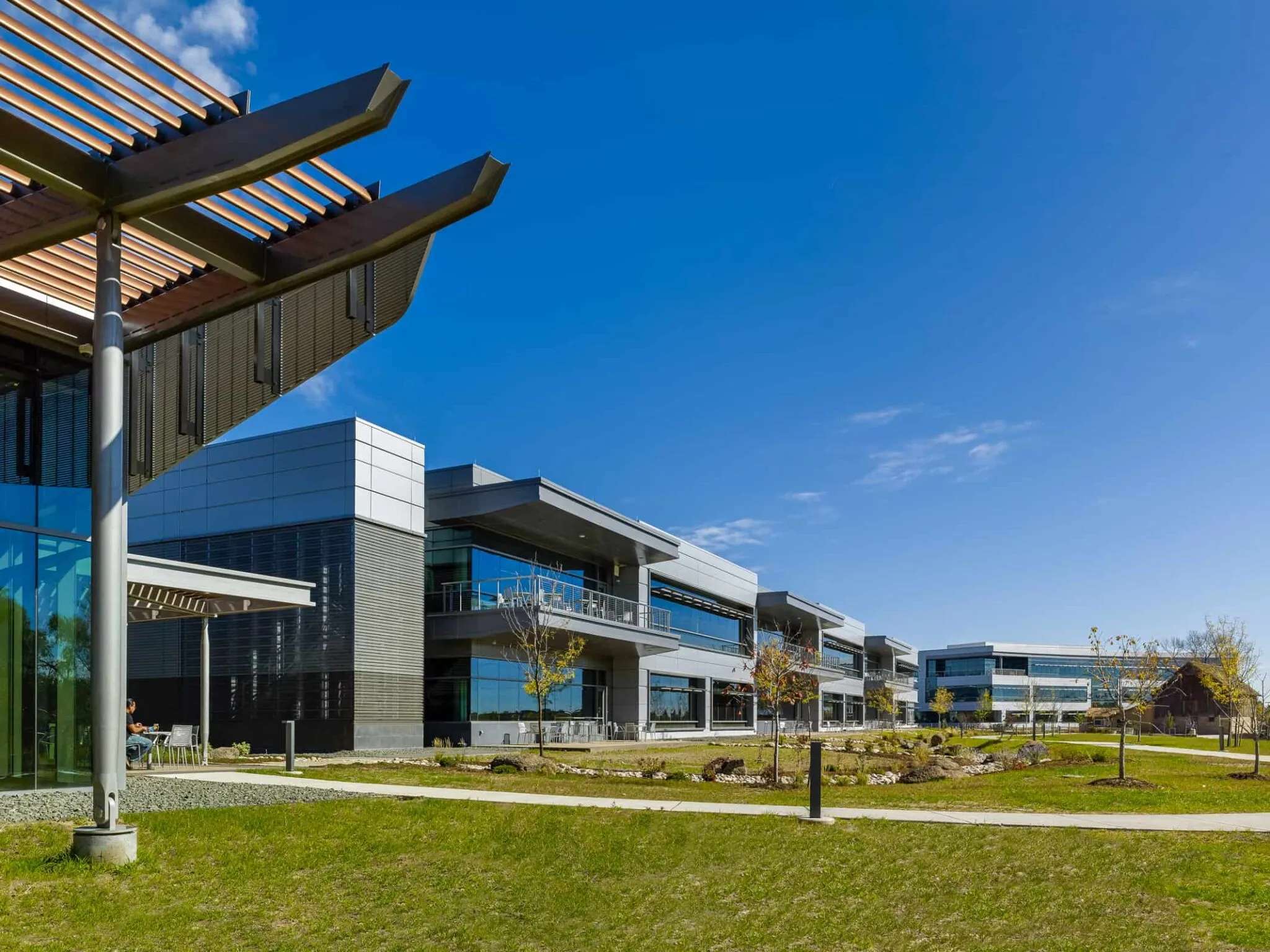COGCC begins pivotal SB 181 rulemaking hearings

DENVER — The Colorado Oil and Gas Conservation Commission kicked off weeks of hearings and deliberations before it sets new rules that could fundamentally alter how the traditional energy industry operates in the state.
The agency and its newly minted five-person group of full-time commissioners began hearing presentations from lawmakers, industry and environmental groups, local governments and other interested parties Monday morning and plans to hold its first deliberative discussions among commission members on Thursday.
After the passage of Senate Bill 181 last year, which among other actions required the COGCC to reconsider large swaths of…
THIS ARTICLE IS FOR SUBSCRIBERS ONLY
Continue reading for less than $3 per week!
Get a month of award-winning local business news, trends and insights
Access award-winning content today!



